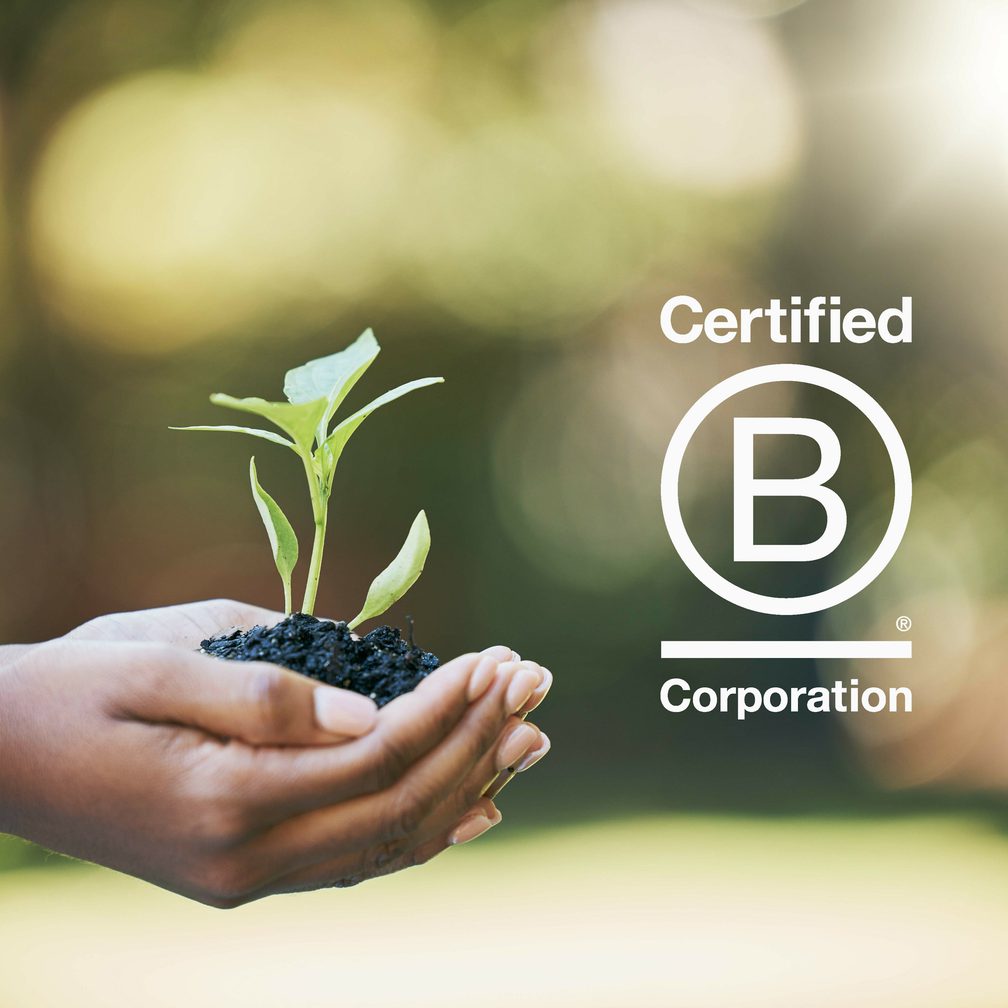
B Corp & Sustainability
We're constantly evolving our strategy around sustainability and social impact as part of our commitment to bring about positive change.
We make the difference. Talk to us: 0333 004 4488 | hello@brabners.com
5 min read
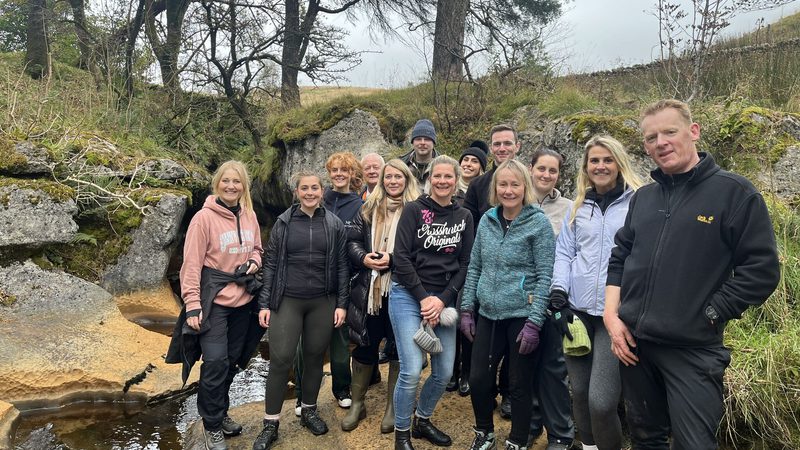
The Brabners team at Kingsdale Head
Kingsdale Head is a 1,500-acre farm and upland regeneration project in the Yorkshire Dales, owned by wife and husband Catherine Bryan and Tim Yetman. Their ambitions are to restore biodiversity and peatland to an area previously heavily sheep-grazed and drained, leading to a loss of species.
Brabners has supported Kingsdale Head’s restoration efforts since 2022. Our True North Advisory Council member Faye Durkin, Head of Natural Capital (North) at Greengage Environmental spoke to Catherine and Kingsdale Head’s Conservation Manager, Jamie McEwan, for our first Northern Stars Live webinar.
When we bought Kingsdale Head in 2020, we did so with a purpose to restore nature. We aren’t from farming backgrounds, but through our love of being in nature and my work in the environmental charity sector, we had read so much about biodiversity decline and the data continues on a downward trajectory. Globally, we’ve lost 73% of wildlife species populations since 1970 and in the UK, we’re among the most nature-depleted countries on Earth. Something has to change.
We wanted to show what could be possible – both ecologically and economically – by managing land differently and Kingsdale Head offered that opportunity. Around two-thirds of the site is peatland – rich in carbon but heavily degraded through overgrazing of sheep. Over 60km of artificial drainage had also disrupted the landscape’s ability to hold water and support diverse species.
But where others saw a very familiar upland landscape, we saw huge regeneration potential.
Peatlands are vital for climate resilience – one of the most efficient carbon sinks on the planet. But when they’re dry or damaged, they release carbon dioxide into the atmosphere. Restoring them not only protects carbon but also improves water quality, reduces flooding downstream, and increases biodiversity. As a result of our work, we're already seeing sphagnum re establish itself, and vegetation shifting in ways that show the land healing.
We have also reintroduced low numbers of grazing cattle. This gentle grazing encourages structural diversity, with plant species returning that in turn attract insects and birds that hadn’t been seen there in years.
What’s surprises us most is how quickly the landscape is responding. People often imagine this work takes decades but in reality, we’re seeing visible change in just a few years. That’s a powerful lesson and one that businesses should take seriously. Change starts as soon as you commit to making it happen. The changes over the long-term will be even greater, but nature bounces back when given a chance.
For businesses not directly involved in land or food systems, you may think this is not important to you. But all businesses impact nature and can be a part of the solution. Healthy landscapes are more resilient to climate extremes. Restored peatlands hold water, reducing the risk of wildfires like those we’ve seen recently in North Yorkshire and beyond. They improve water quality and support clean air. Businesses depend on these ecosystem services – whether they realise it or not.
Start by asking where your business touches the natural world. Do you own land or buildings that could support biodiversity What about your supply chain and how your materials are sourced? Could you fund or partner with a restoration project, even if it sits outside your direct operations?
This is exactly what Brabners did – helping to fund our peatland restoration despite not having peatland in their supply chain. Engagement with nature has become part of their culture.
Tools now exist to help businesses take their first step. The Taskforce on Nature-related Financial Disclosures (TNFD), the Science-Based Targets Network (SBTN), and the Accounting for Sustainability (A4S) toolkit all offer guidance on how to assess and act on nature-related risks and opportunities. The Now for Nature initiative also provides a practical step-by-step guide and the recent Invest in Nature for the North Strategy is a framework for a nature positive regional economy right here in the North of England.
Regenerative land management must be economically viable if it’s to be replicable at scale. Like any agricultural business, we depend on support frameworks like grants, but we’ve found navigating those schemes challenging. Many don’t accommodate projects like ours that don’t fit neatly into traditional models. That’s where partnerships come in.
Yorkshire Dales National Park has been a valuable collaborator, helping fund our work through its Farming in Protected Landscapes programme. We’ve also received support from the Nature for Climate Fund, as well as expert input from the Yorkshire Peat Partnership, Woodland Trust, the Great North Bog initiative, and others. It really does take a community to do this well and we've been fortunate to work alongside passionate conservationists across the region.

We're constantly evolving our strategy around sustainability and social impact as part of our commitment to bring about positive change.
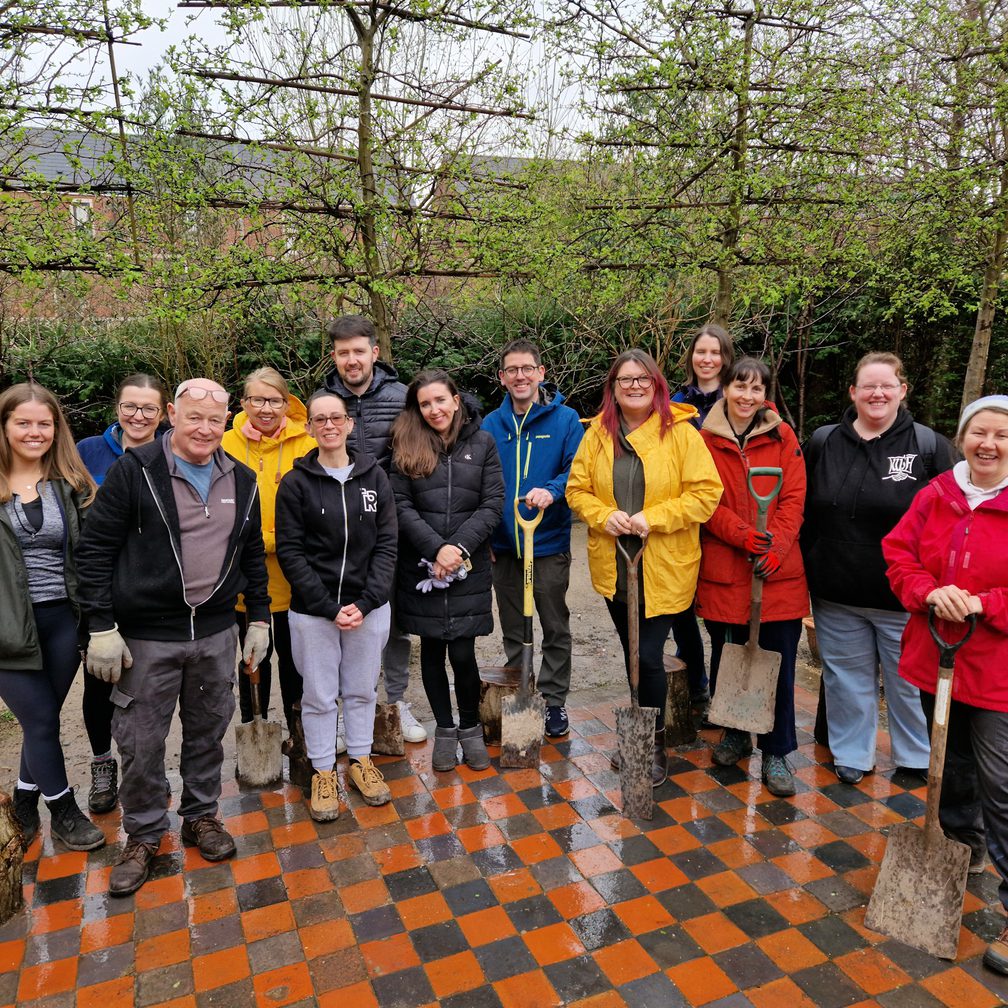
As a purpose-led independent law firm with a mission to ‘make the difference’, we work hard to do good and be responsible.
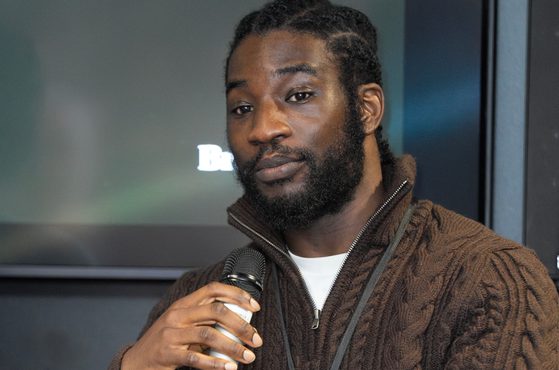
Samuel Remi-Akinwale is the CEO of Young Manchester, a youth-led partnership organisation that champions opportunities for young people across the city.
Read more
Chelsea Slater is the co-founder and CEO of InnovateHer, an organisation on a mission to support girls and non-binary teenagers into the tech industry.
Read more
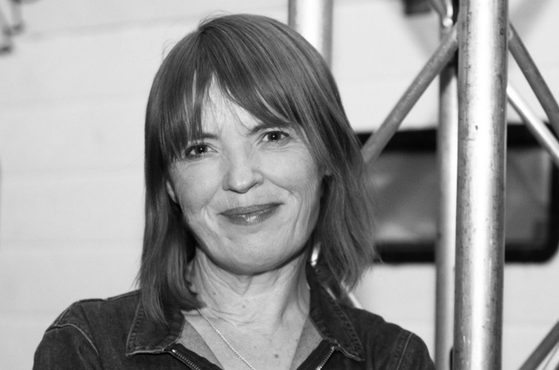
Claire McColgan MBE is Liverpool City Council’s Director of Culture & Major Events and has helped shape the city's cultural and economic transformations over the past two decades.
Read more